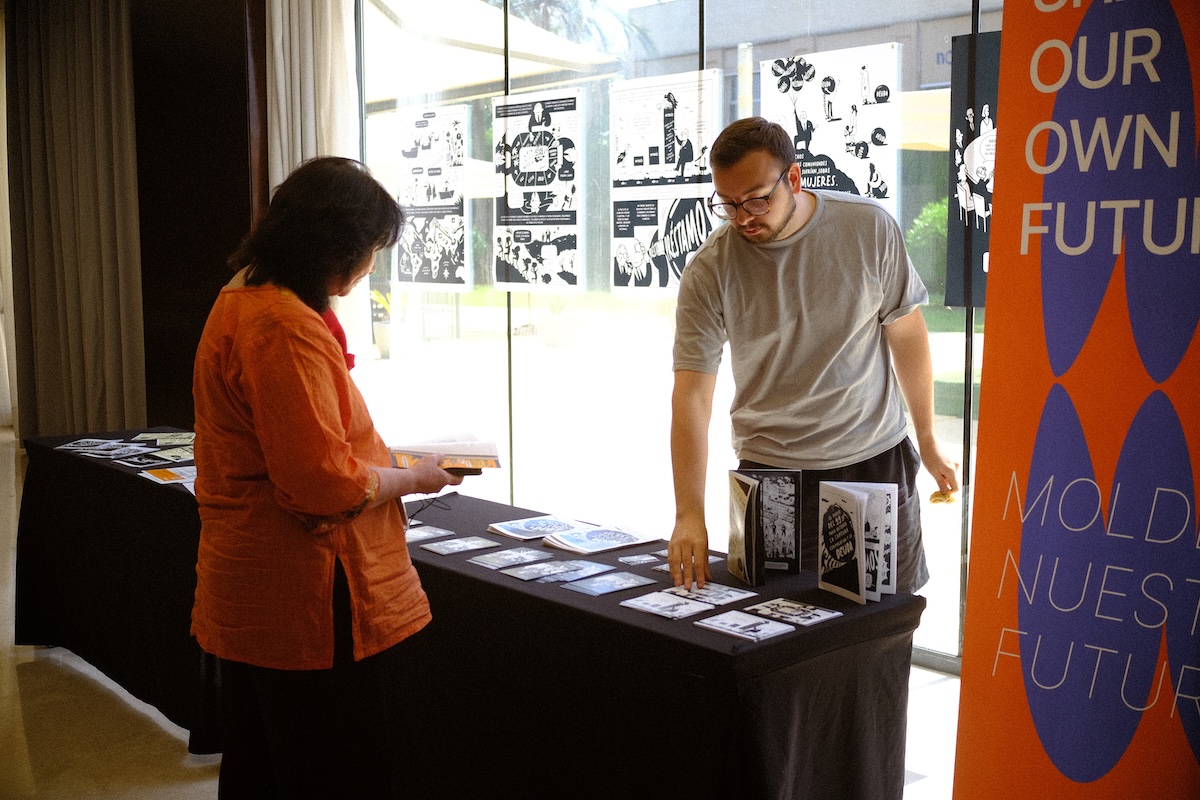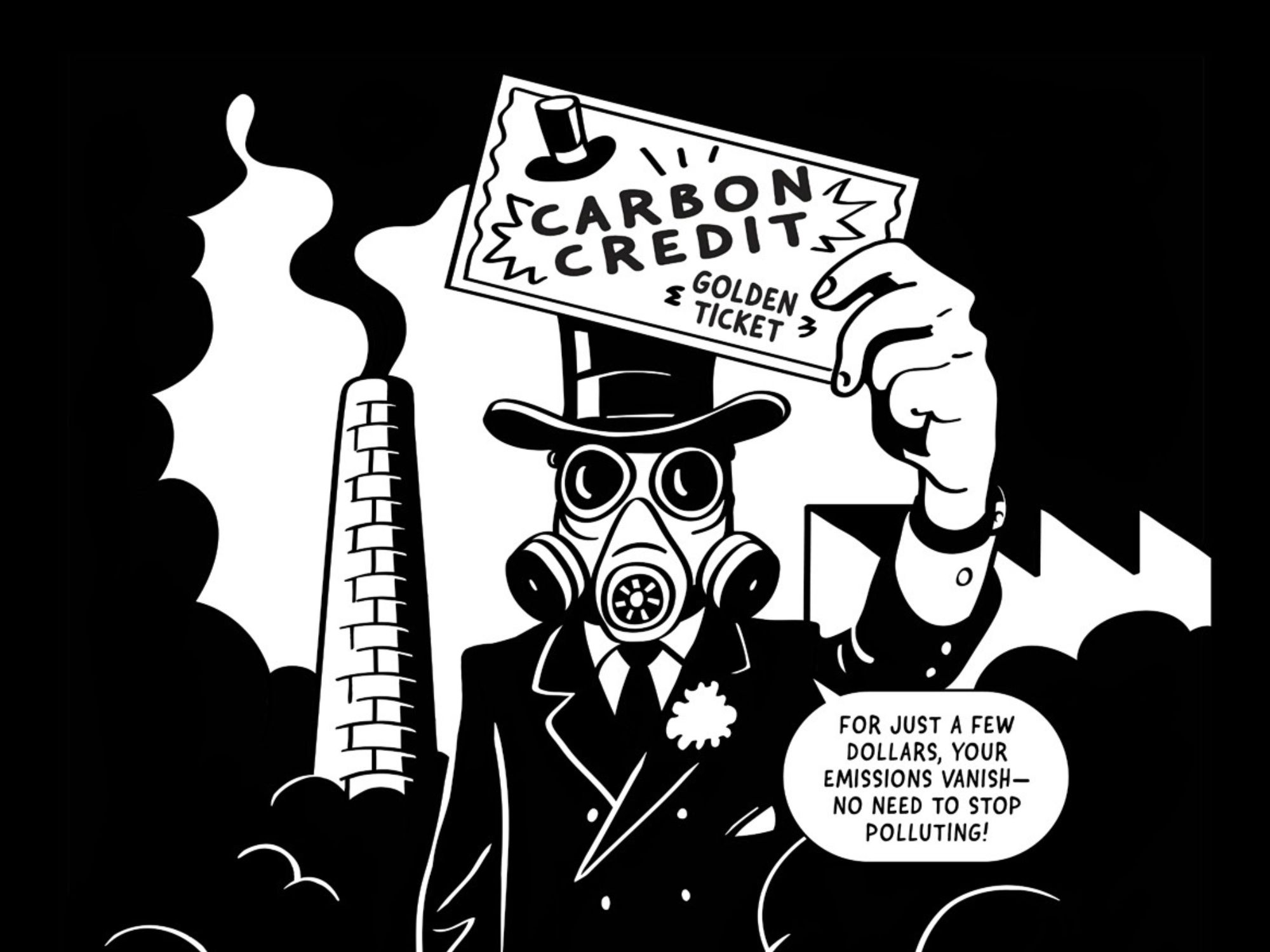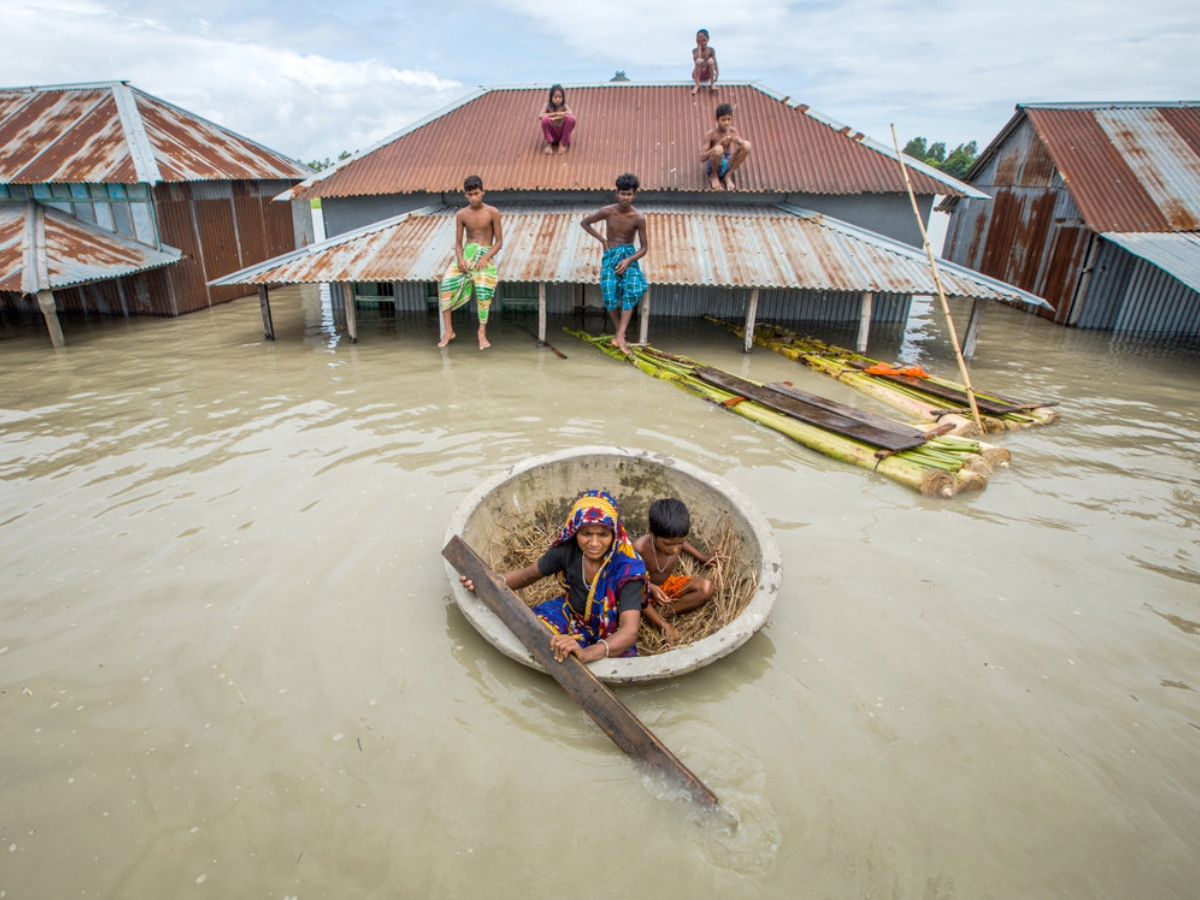Debt is devouring our future. The 50 countries most vulnerable to the climate crisis are now spending 15.5% of their government revenue on external debt payments — the highest level in more than three decades.
This is not just an economic crisis; it’s a systemic injustice. The global financial system continues to divert resources away from education, health, and climate resilience, funneling them instead to creditors. Communities across the Global South are organizing to resist.
What happened in Sevilla?
From June 30 to July 3, 2025, more than 1,000 civil society organizations gathered — both inside and outside the official venue — for the Fourth International Conference on Financing for Development (FfD4) in Sevilla, Spain. The conference was widely seen as a critical opportunity to transform the global financial architecture amid intersecting crises. What we got instead was a weak and disappointing outcome: the “Compromiso de Sevilla,” described by many as a “missed opportunity” and “a gift to the status quo.”




